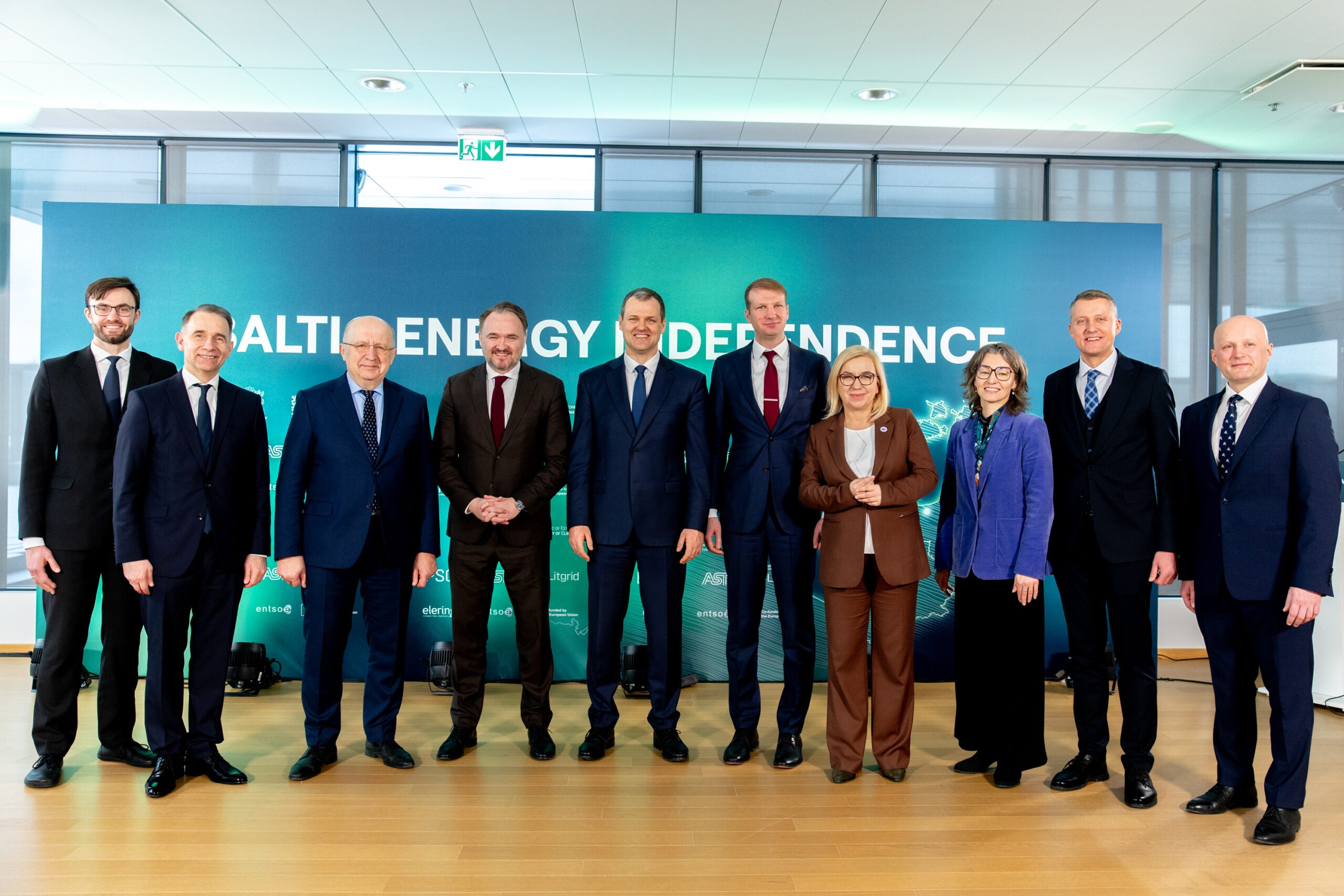
Main narratives:
- Government mismanagement and economic instability;
- Deep state conspiracy theories;
- Russophobia in Estonia.
Overview:
Last week, as Estonia’s desynchronisation from the BRELL energy circle approached, pro-Kremlin commentators on social media spread criticism of the national government for jeopardising the country’s energy security, as the only new connection to the European grid is now in the so-called Suwalki corridor, which is considered a geostrategically vulnerable point. They also accused the government of raising electricity prices and pushing an expensive green agenda against the national interest, while the population is getting poorer.
Last week, Estonia’s Supreme Court issued the verdict of a huge fine of €1 million about Estonia’s Centre Party was found guilty of influence peddling. Financially, the Centre Party has been struggling. The potential €1 million fine is approximately equal to the party’s annual budget, raising concerns about its ability to function effectively. The party’s decline can be attributed to multiple factors, including leadership changes, internal conflicts, and shifting voter demographics. Historically supported by Estonia’s Russian-speaking population, the Centre Party has faced challenges in maintaining this base, especially following Estonia’s firm stance against Russia’s actions in Ukraine. Pro-Kremlin commentators have discussed on social media conspiracy theories against the Centre Party as if the ‘deep state’ would like to eliminate this significant pro-Russian force in Estonian politics, so the local Russian speakers would lose their representation in the politics.









